Small Scale Ketchup Manufacturing Machines: A Complete Guide for Small Businesses
Tomato ketchup remains one of the most consumed condiments globally, and its popularity continues to rise among households, restaurants, and small food businesses. For small-scale producers, investing in small scale ketchup manufacturing machines can be a strategic way to enter the market, maintain product consistency, and reduce operational costs. These machines enable the production of high-quality ketchup in small batches, combining efficiency, hygiene, and affordability.
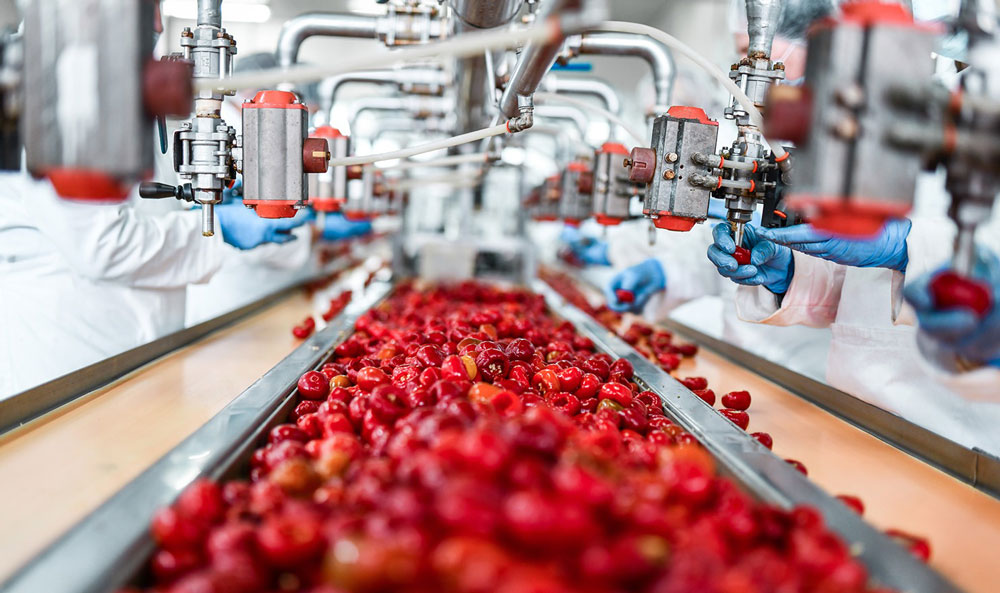
In this guide, we will explore everything you need to know about small scale ketchup machines, from production processes, equipment features, and investment considerations to market trends and profitability analysis.
Understanding Small Scale Ketchup Manufacturing Machines
Small scale ketchup manufacturing machines are specialized equipment designed for producing ketchup in batches that range from tens to hundreds of liters per hour. Unlike industrial-scale lines, these machines are compact, user-friendly, and require minimal infrastructure.
They are typically categorized into three types:
Manual Machines – Affordable and simple, suitable for small workshops or startup kitchens. Operators manually control mixing, cooking, and filling.
Semi-Automatic Machines – Partially automated, reducing labor while improving consistency and efficiency.
Fully Automatic Machines – Handle all steps from pulping to filling and packaging, ideal for small factories aiming for higher output and lower labor costs.
Regardless of type, all machines ensure hygiene through stainless steel construction, easy-to-clean components, and minimal human contact during production.
Key Features and Benefits
Investing in a small scale ketchup machine provides numerous operational and financial benefits:
Compact and Space-Saving Design – Perfect for limited production areas or small workshops.
Cost Efficiency – Lower upfront investment compared to industrial lines, making it accessible for startups.
Versatility – Machines allow adjustments in recipe, thickness, and flavor, supporting product differentiation.
Hygienic Construction – Stainless steel components reduce contamination risk and comply with food safety standards.
Energy Efficiency – Smaller batch operations consume less power and water, lowering operational costs.
Easy Operation – Intuitive controls and simple workflows enable rapid training of new operators.
By offering these advantages, small scale ketchup machines make it possible for small businesses to compete with larger producers in terms of quality and consistency.
Step-by-Step Production Process
Producing ketchup on a small scale requires precision at every stage. Here’s an overview of the standard process using small scale machines:
1. Raw Material Preparation
High-quality tomatoes are selected, washed, peeled, and de-seeded if necessary. Freshness is key, as it directly impacts the flavor and color of the ketchup. Some machines also allow for processing tomato paste or puree for consistency.
2. Pulping and Blending
Tomatoes are pulped into a smooth mixture using the machine’s pulping system. Semi-automatic and fully automatic machines handle mixing at controlled speeds to maintain uniformity.
3. Cooking and Concentration
The pulp is cooked in a stainless steel vessel. Heating removes excess water, concentrates flavors, and sterilizes the mixture. Some machines feature integrated temperature control and timers for precise cooking.
4. Flavoring and Seasoning
Sugar, salt, vinegar, and spices are added to achieve the desired taste profile. Many machines allow batch customization, enabling producers to create different ketchup variants such as spicy, organic, or low-sugar options.
5. Filling and Sealing
The ketchup is filled into bottles, pouches, or jars. Fully automatic machines ensure accurate portioning, sealing, and labeling, reducing waste and labor.
6. Packaging and Storage
The final product is packed for distribution or direct sales. Proper storage conditions—cool, dry, and hygienic—help maintain shelf life and product quality.
How to Choose the Right Machine
Choosing the appropriate small scale ketchup machine depends on several factors:
Production Volume – Assess current and projected production needs. Machines typically produce between 50–500 liters per hour.
Automation Level – Manual machines are cost-effective but labor-intensive; fully automatic machines reduce labor and improve efficiency.
Budget Considerations – Factor in machine cost, raw materials, labor, and operational expenses.
Supplier Reputation – Evaluate manufacturers based on warranty, after-sales support, spare parts availability, and user reviews.
Product Flexibility – Choose a machine that supports multiple ketchup variants, batch adjustments, and recipe experimentation.
Using long-tail keywords such as “best small scale ketchup machine for startups” or “affordable ketchup making machine” helps attract targeted search traffic and potential buyers.
Cost and ROI Analysis
The cost of small scale ketchup machines varies depending on capacity and automation:
Manual/Semi-Automatic Machines: $3,000–$15,000
Fully Automatic Machines: $15,000–$50,000
Operational Costs
Raw materials (tomatoes, sugar, vinegar, spices)
Labor (depending on automation level)
Utilities (electricity and water)
Maintenance and cleaning
Profitability
Small-scale ketchup production can be highly profitable with proper cost control and market targeting. By producing high-quality, consistent ketchup, small businesses can sell to local stores, restaurants, online platforms, or specialty markets. Return on investment often occurs within 6–18 months depending on batch size, sales channel, and production efficiency.
Maintenance Tips for Longevity
Maintaining small scale ketchup machines ensures long-term performance and hygiene:
Regular Cleaning – Clean all parts after each batch to avoid residue buildup.
Inspection – Check pumps, valves, and mixing blades for wear or damage.
Lubrication – Apply recommended lubricants to moving parts periodically.
Technical Support – Schedule annual servicing or technical checks to prevent unexpected downtime.
Proper maintenance not only extends machine life but also guarantees consistent product quality.
Market Trends and Opportunities
The global ketchup market continues to expand due to increasing demand for convenience foods, homemade-style products, and healthier alternatives. Small businesses can benefit from:
Premium and Organic Products – Consumers pay more for natural, preservative-free, or organic ketchup.
Specialty Flavors – Spicy, low-sugar, or flavored ketchup variants cater to niche markets.
Direct-to-Consumer Channels – Online sales platforms and local farmers’ markets reduce dependency on distributors and improve profit margins.
Small scale ketchup machines empower businesses to quickly adapt to these trends without large capital investments.
FAQ: Small Scale Ketchup Manufacturing Machines
Q1: What is a small scale ketchup manufacturing machine?
A1: It is specialized equipment designed for small businesses to produce high-quality ketchup in smaller batches while ensuring hygiene and consistency.
Q2: How much does a small scale ketchup machine cost?
A2: Prices range from $3,000 for manual machines to $50,000 for fully automatic models, depending on production capacity and automation.
Q3: What is the production capacity?
A3: Most machines produce 50–500 liters per hour, suitable for small factories or pilot production.
Q4: Can one machine produce different ketchup types?
A4: Yes, adjustable settings allow production of various flavors, spice levels, and thicknesses.
Q5: How easy is operation and maintenance?
A5: Machines are generally user-friendly. Regular cleaning, lubrication, and inspection keep them in optimal condition.
Q6: Is small scale ketchup production profitable?
A6: Yes. By controlling raw materials and maintaining consistent quality, small-scale production can be a lucrative business.
Q7: Where can I buy these machines?
A7: Purchase from reputable manufacturers, B2B platforms, or authorized distributors. Compare technical specs, warranty, and after-sales support before buying.
Q8: How much space is needed for a small scale ketchup machine?
A8: Most machines require minimal floor space, typically 10–50 square meters depending on automation and batch size.
Q9: Can these machines meet food safety standards?
A9: Yes. Most small scale ketchup machines are built from stainless steel and designed to comply with international food safety standards, including HACCP and ISO22000.
Conclusion
For startups and small food businesses, small scale ketchup manufacturing machines provide an efficient, cost-effective, and flexible solution for producing high-quality ketchup. By selecting the right machine, understanding the production process, maintaining equipment properly, and targeting the right market segments, entrepreneurs can achieve consistent product quality, reduce operational costs, and generate profitable returns.
With the growing demand for premium, organic, and specialty ketchup products, now is an ideal time for small businesses to leverage these machines to enter the market and establish a competitive edge.
Must-Read Blogs For Chain Restaurants Owner

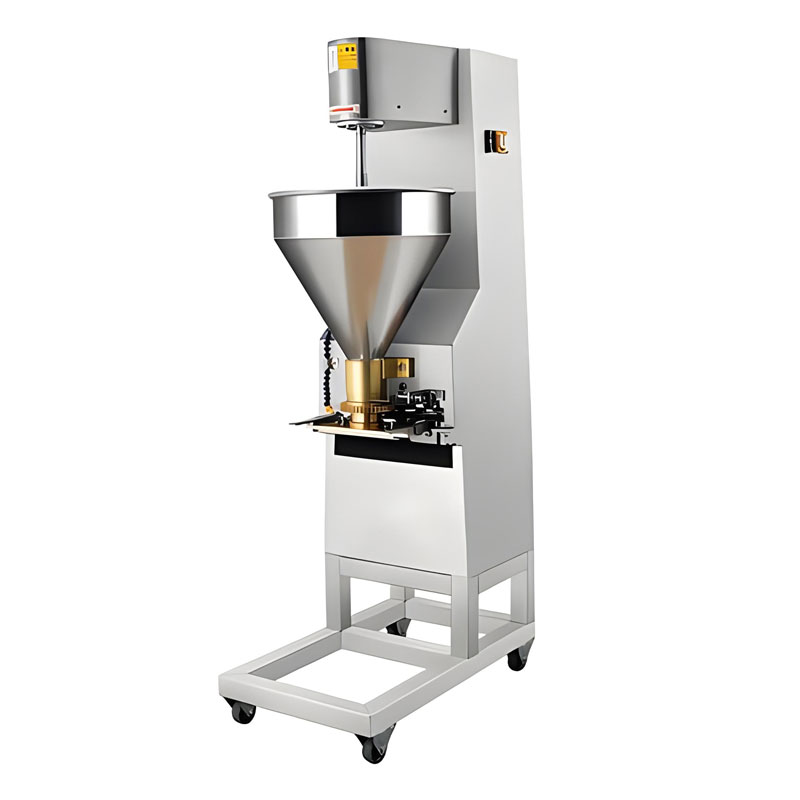
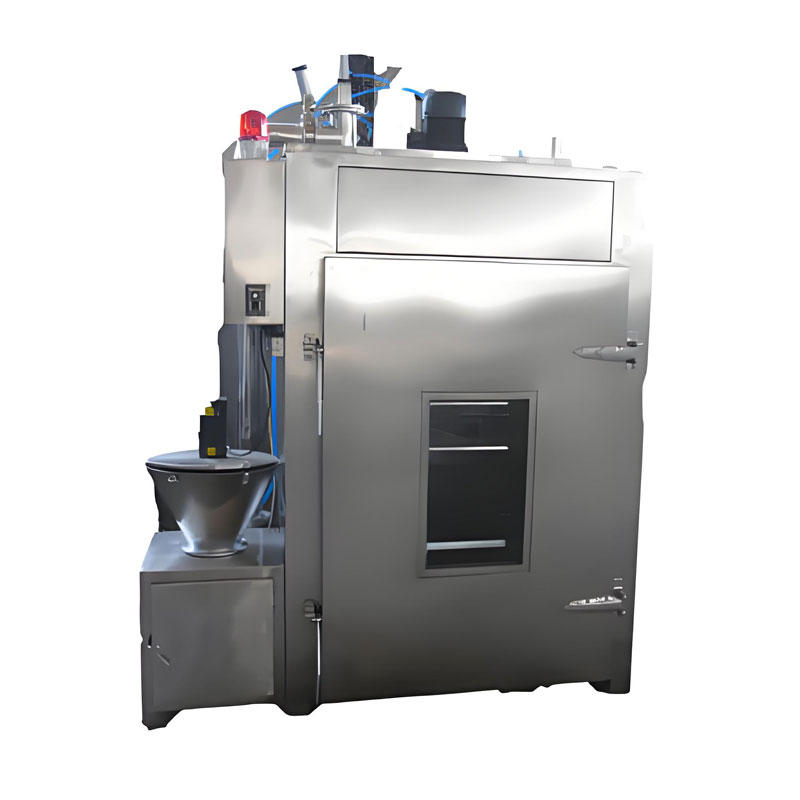
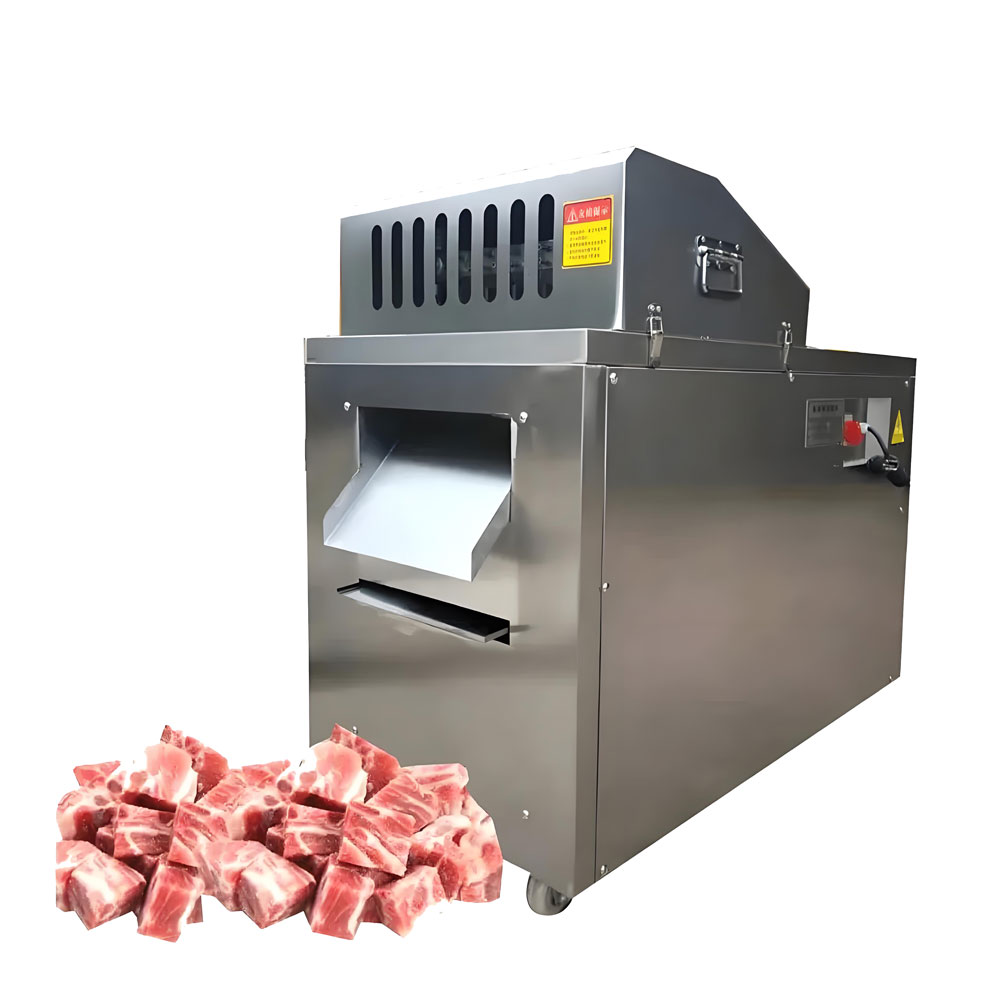
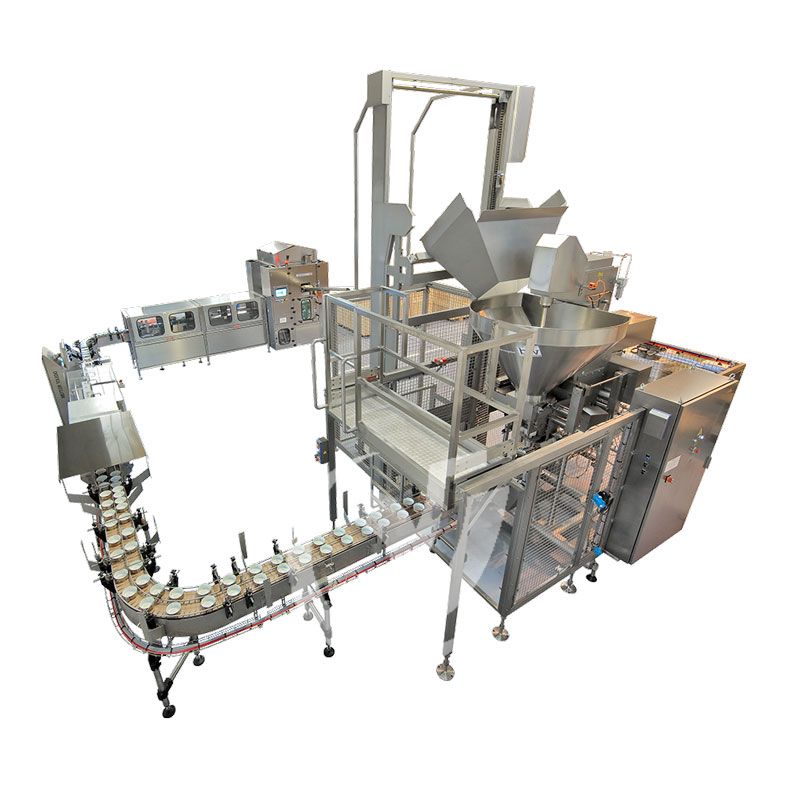

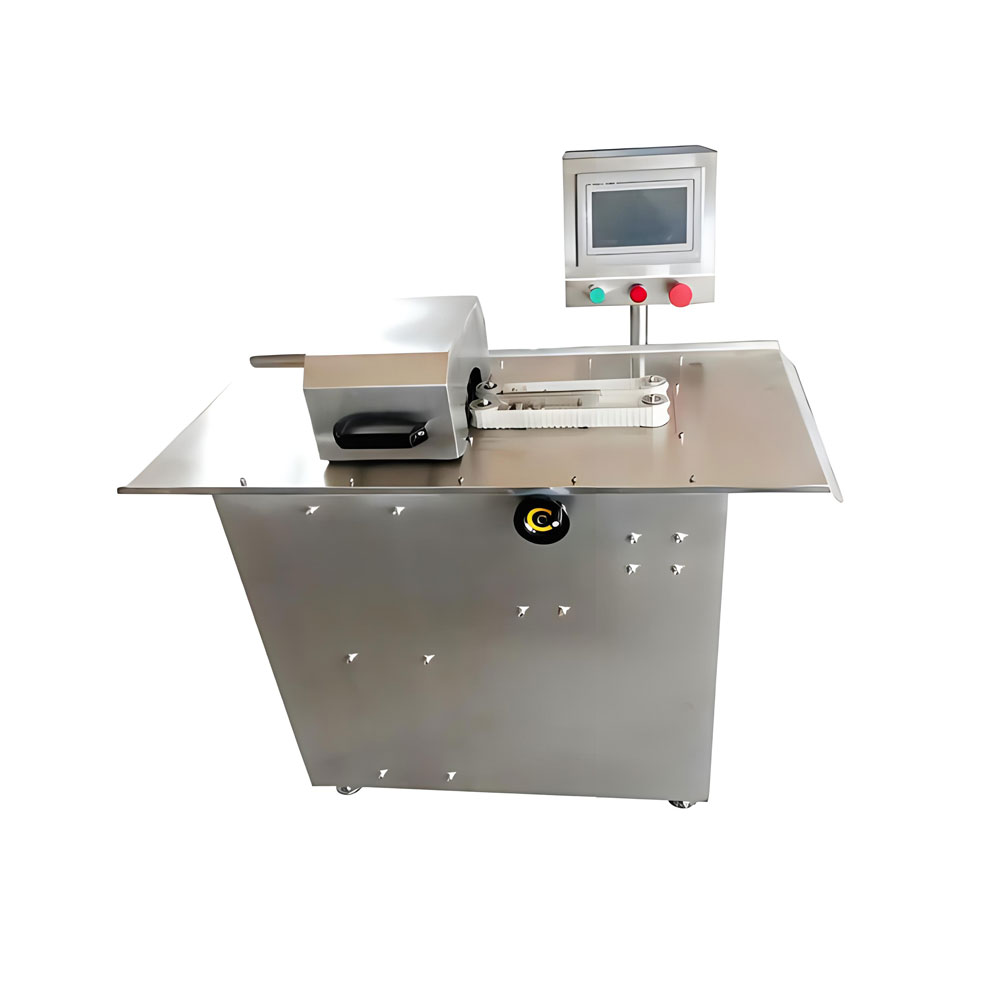
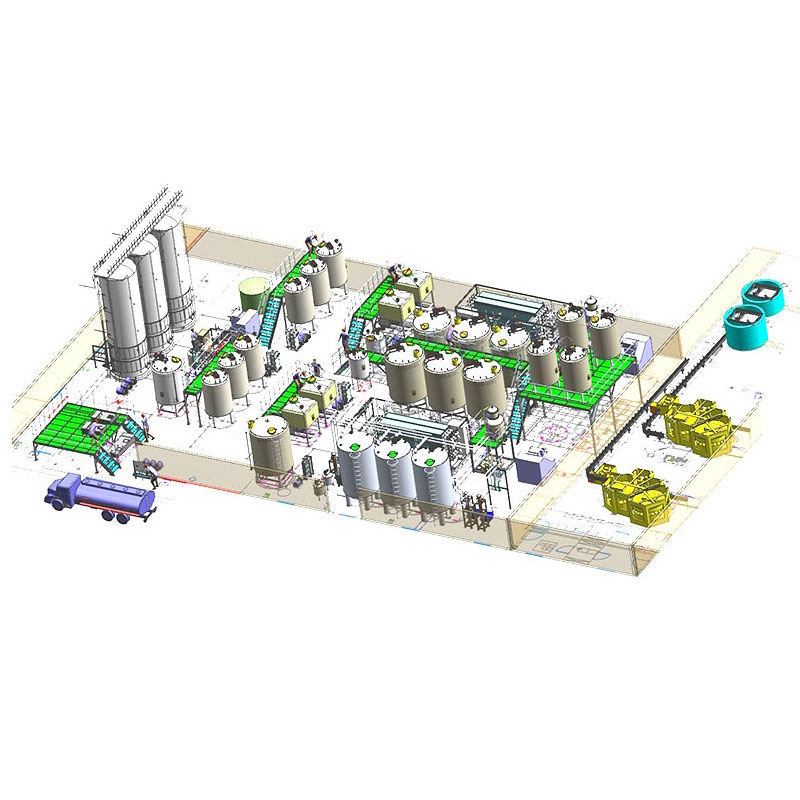
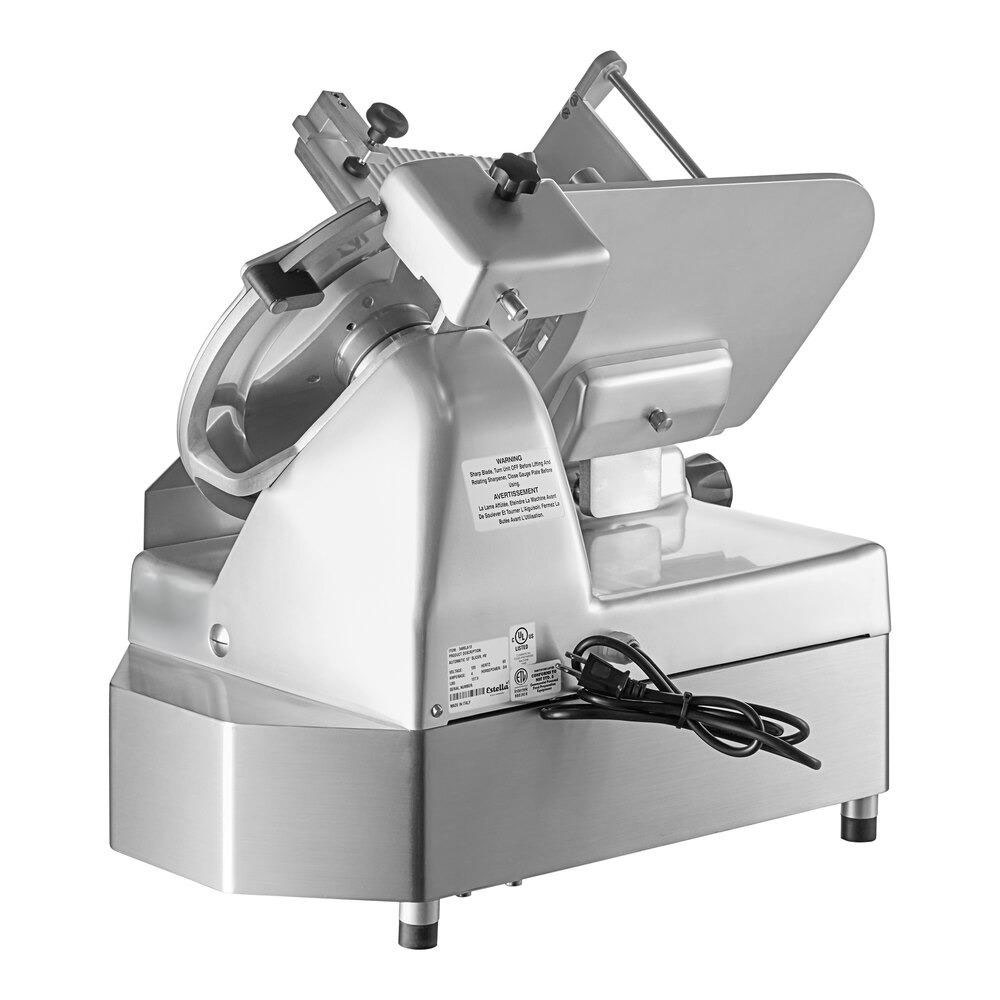
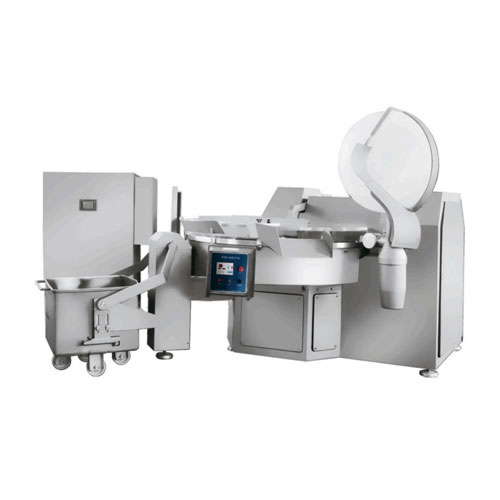
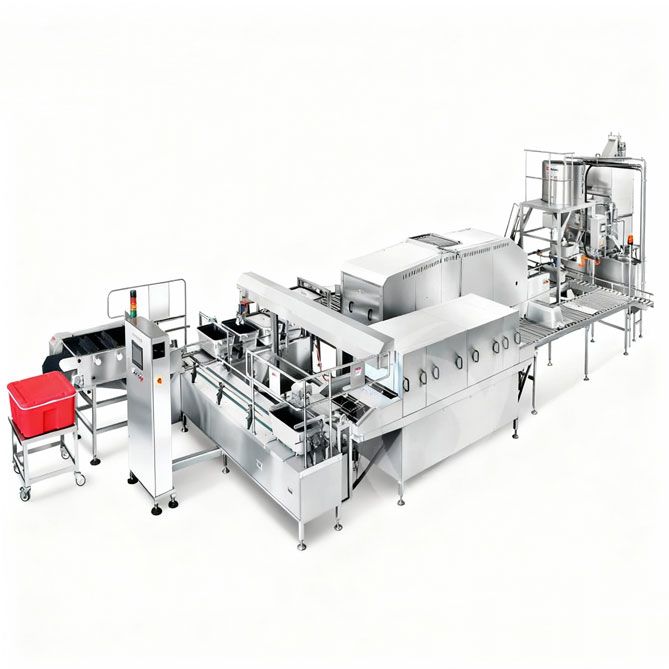
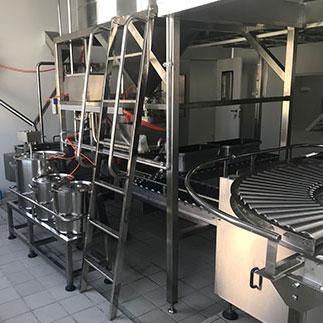 Cold Chain Rice Production Line
Cold Chain Rice Production Line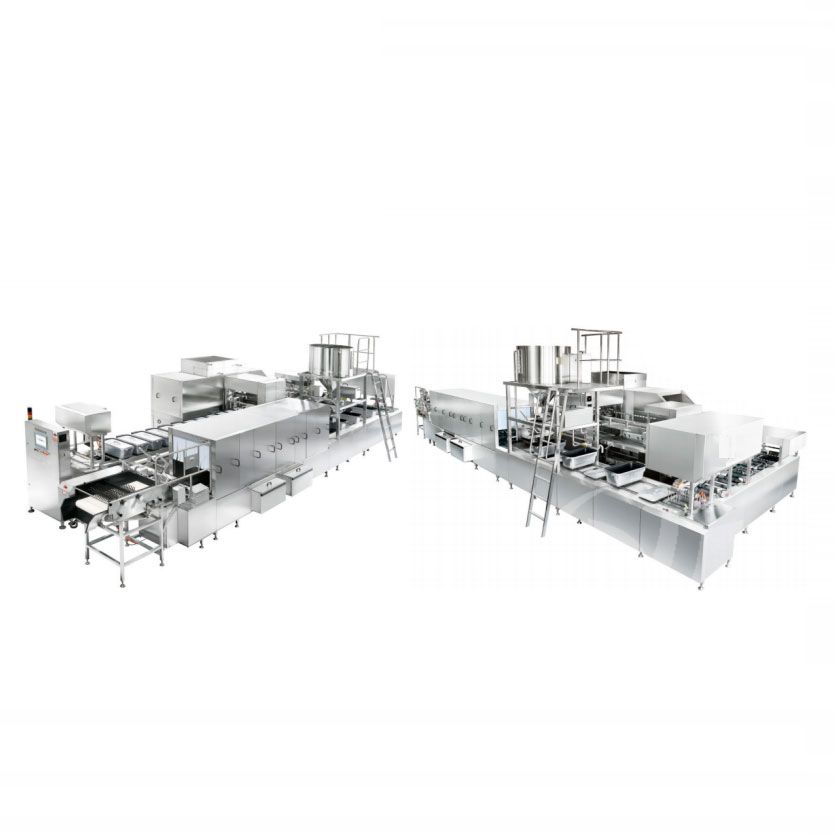 Unmanned Intelligent Rice Production Line
Unmanned Intelligent Rice Production Line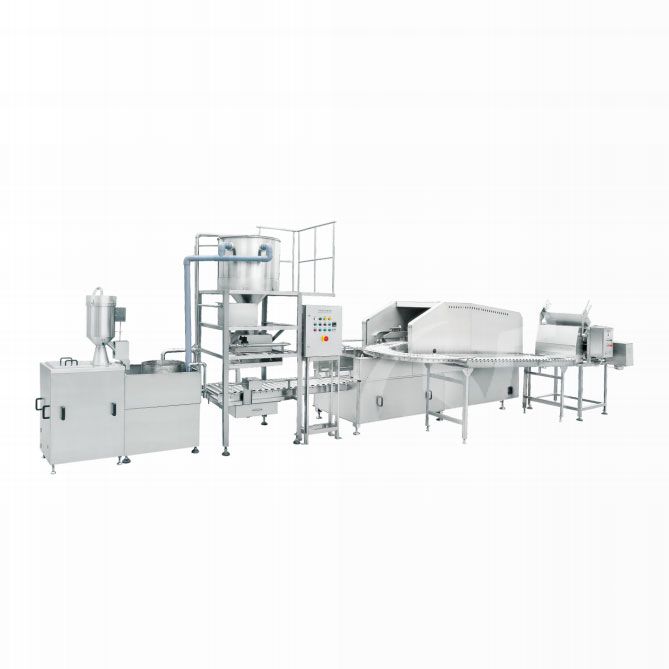 Automatic Rice Production Line
Automatic Rice Production Line
Ready to Get Started?